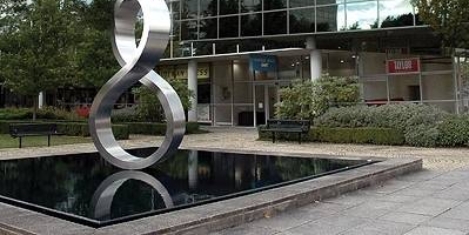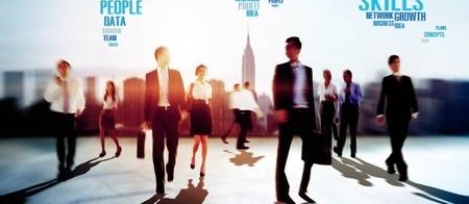October 5, 2016
An enlightened approach is needed for the new era of artificial intelligence 0
 One of the explanations for both Brexit and the once implausible idea of an obvious demagogue like Donald Trump assuming the world’s highest office is that we now live in a post rational world. In plain parlance this was best summarised by Michael Gove’s proclamation during the Brexit debate that we have all had enough of experts, but a growing number of intellectuals are starting to question whether we are seeing the roll back of the Enlightenment. The suggestion is, that in a world awash with information, we are retreating to a more visceral worldview. If the facts don’t fit with the way we feel, then they just have to go. While rationalists continue to invoke the ideals of Descartes, Locke, Hume, Paine, Voltaire and Spinoza, they are often doing so in a self-imposed echo chamber and so are genuinely horrified to find that there is an outside world that has little time for Reason with a capital R. This explains all you need to know about the post Brexit meltdown.
One of the explanations for both Brexit and the once implausible idea of an obvious demagogue like Donald Trump assuming the world’s highest office is that we now live in a post rational world. In plain parlance this was best summarised by Michael Gove’s proclamation during the Brexit debate that we have all had enough of experts, but a growing number of intellectuals are starting to question whether we are seeing the roll back of the Enlightenment. The suggestion is, that in a world awash with information, we are retreating to a more visceral worldview. If the facts don’t fit with the way we feel, then they just have to go. While rationalists continue to invoke the ideals of Descartes, Locke, Hume, Paine, Voltaire and Spinoza, they are often doing so in a self-imposed echo chamber and so are genuinely horrified to find that there is an outside world that has little time for Reason with a capital R. This explains all you need to know about the post Brexit meltdown.



















 It is no longer a question of whether one of the world’s major economies will introduce a universal basic income for all of its citizens, but when. Over the weekend, the leader of the UK’s Labour Party Jeremy Corbyn announced in
It is no longer a question of whether one of the world’s major economies will introduce a universal basic income for all of its citizens, but when. Over the weekend, the leader of the UK’s Labour Party Jeremy Corbyn announced in 














October 19, 2016
Where are zero hours contracts and the gig economy taking us? 0
by Mike James • Comment, Flexible working
More →